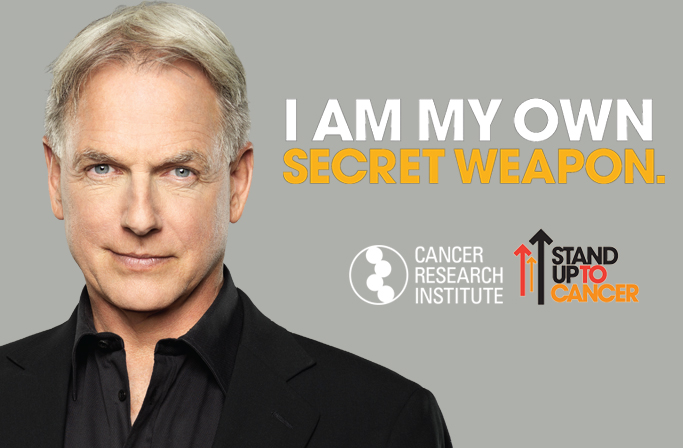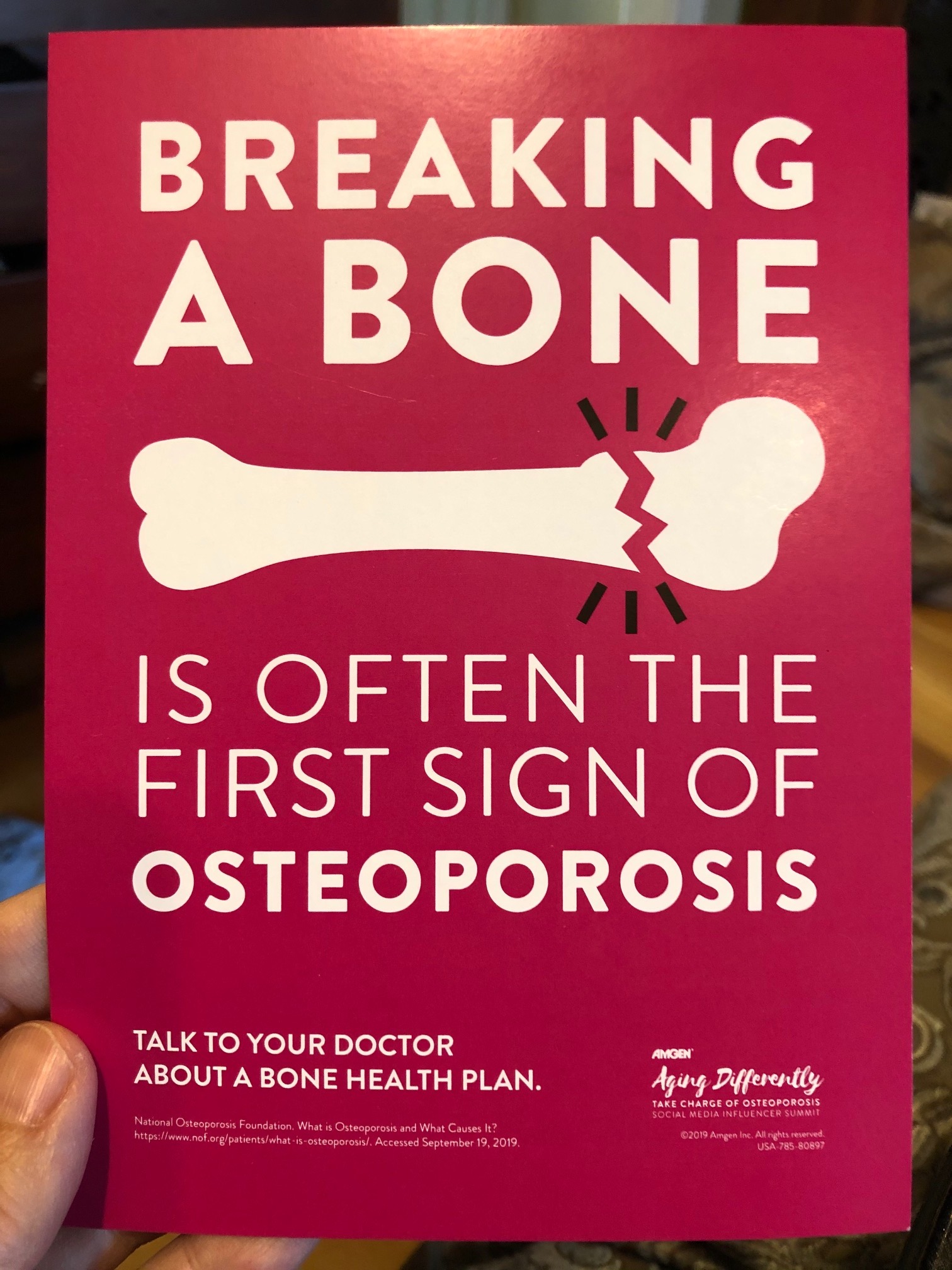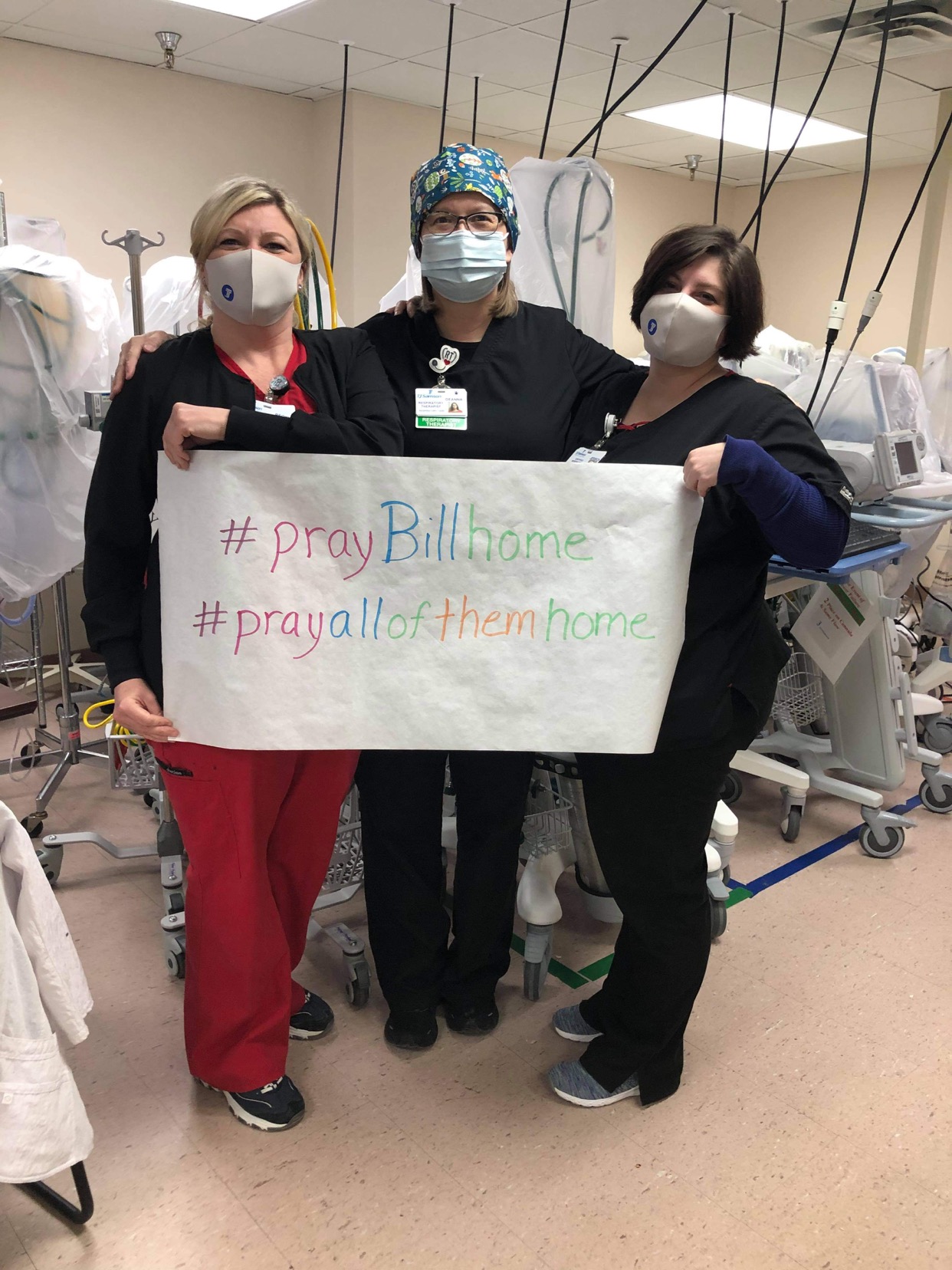Childhood Cancer and Immunotherapy
Today I want to talk about something that I really hate even thinking about….childhood cancer.
Facts
1, Childhood cancer is the leading cause of disease-related death among children and adolescents (ages 1 to 19 years) in the United States, although cancer among children is rare.
2, The causes of childhood cancer are not well understood.
3. Survival rates for most childhood cancers vary widely across cancer types. Survival rates for some cancers have improved in recent years, and, overall, more than 80 percent of children and adolescents who are diagnosed with cancer live at least 5 years after their diagnosis. However, for some childhood cancer types, survival rates remain low.
4. Children and adolescents who have been treated for cancer need regular follow-up care for the rest of their lives because they are at risk of late side effects that can occur many years later, including second cancers.
As a parent I can think of few things worse than being told your child has cancer. Parents are their children’s caretakers and to watch your child fight cancer has to be overwhelming.
While reading about childhood cancer I found a story about a little girl named Emily whose cancer refused to respond to chemotherapy. Emily beat cancer through a new method of treatment called immunotherapy. Now researchers are working to see if it can work with other types of cancer.
What is Immunotherapy?
Ask Mark Harmon (one of my favorite actors) about immunotherapy. He’s a spokesperson for Stand Up 2 Cancer’s Immunotherapy Dream Team. (A team of the most talented researchers in their respective fields who work together to find a cure and improve treatment).
According to SU2C and Mark Harmon
1. Immunotherapy is a new class of cancer treatment that works to harness the innate powers of the immune system to fight cancer.
2, From the preventive vaccine for cervical cancer to the first therapy ever proven to extend the lives of patients with metastatic melanoma, immunology has already led to major treatment breakthroughs for a number of cancers.
3. Because of the immune system’s unique properties, these therapies may hold greater potential than current treatment approaches to fight cancer more powerfully, to offer longer-term protection against the disease, to come with fewer side effects, and to benefit more patients with more cancer types.
You can read more about immunotherapy and being your own best weapon here.
I’m No Scientist or Researcher but
I hate cancer with a passion. While I can’t find the cure, I can support those who are working hard to put an end to cancer. Please, take a moment and visit SU2C and see how you can help.
There is something we all can do!







I read once about immunotherapy and how it is being developed. There are ads in subway as well about it. I myself is in the process of chemotherapy but will always welcome new ways of beating cancer. Here in NYC, I guess it is the Memorial Sloan Kettering hospital that develops it. Thanks you for sharing it nana…
Yes, it does!
Yes, it is depressing Christine. I agree.
Agree with you, we don’t want to even think about this topic, but we all need to. So many cancers are caused by the chemicals children come into contact with. Many seem so innocuous, but in fact are very dangers. An example was the fire retardants they used in children’s clothing. We seem to live in a world of cancer causing chemicals from our food to our toothpaste. It’s very depressing.
Not only are child cancers heartbreaking the late effects of the treatments are very tough on the child who survives and usually unfortunately ends up with some adult cancer. All cancers suck!